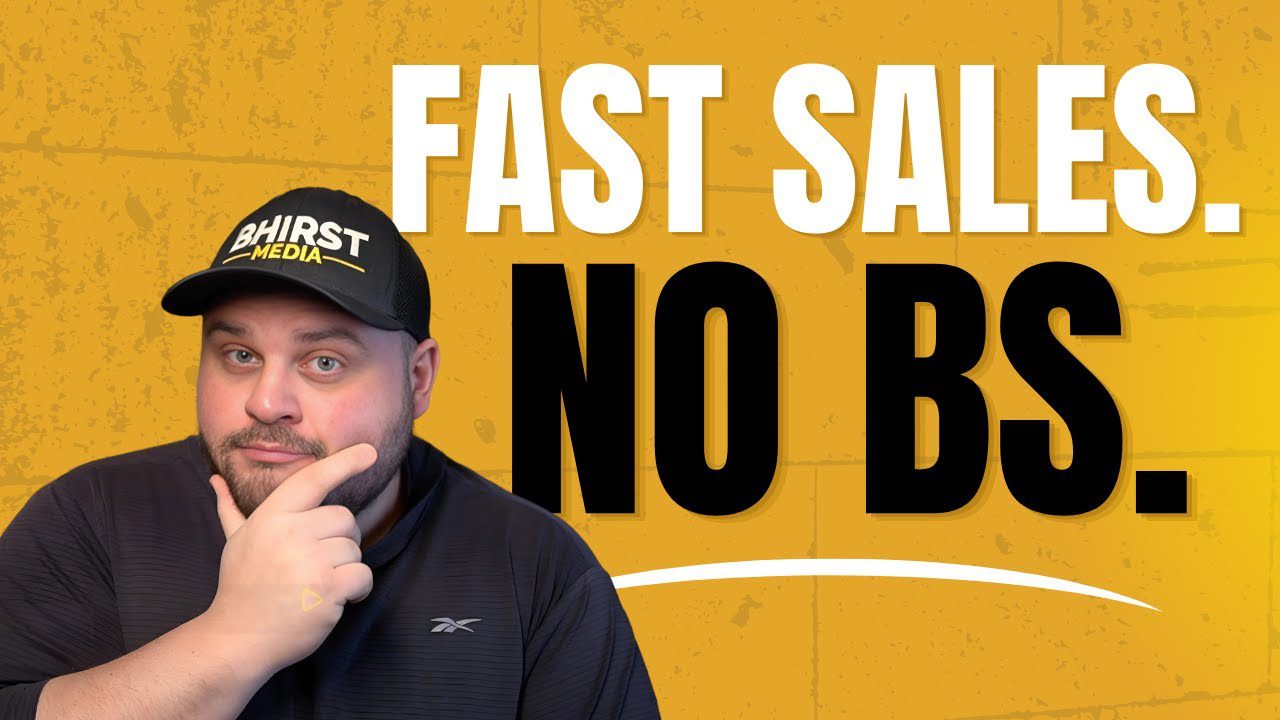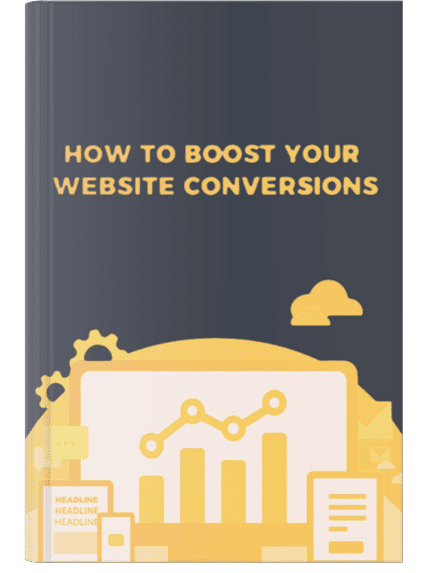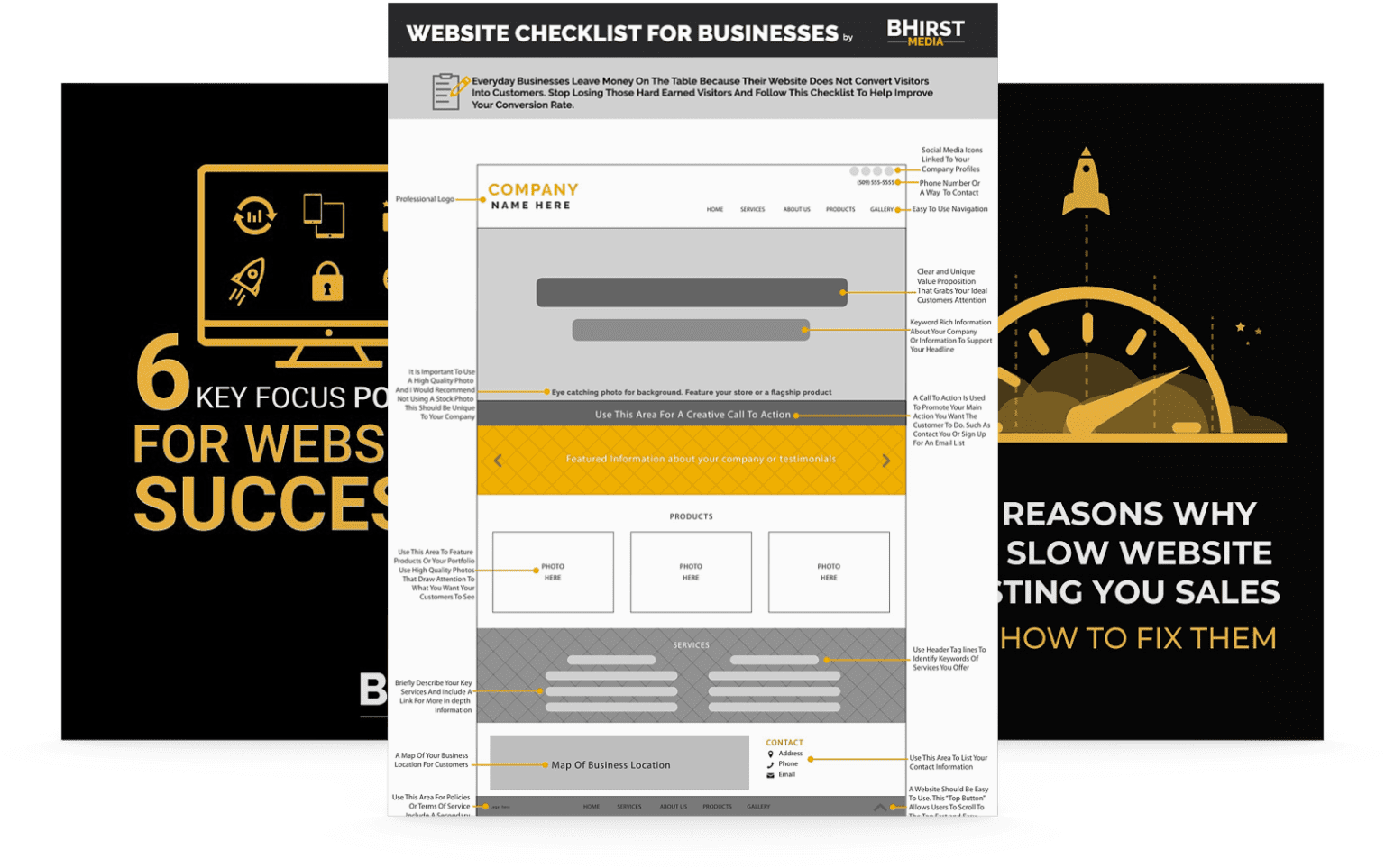
Driving sales acceleration doesn’t have to feel pushy or inauthentic. By focusing on strategic, customer-centric methods, it’s possible to generate quick revenue while strengthening relationships. Below are key takeaways to help you achieve that balance.
Making sales quickly doesn’t mean compromising authenticity. In the article ahead, discover how to integrate these strategies into your approach while maintaining the trust that turns one-time buyers into lifelong customers.
Speed in sales is not just about tactics; it’s about trust. Too often, businesses rush to make sales, leaving behind the essence of what drives customer loyalty—their authentic voice. But what if there were ways to make sales fast while preserving the values you and your customers hold dear?
In this guide, we’ll uncover strategies rooted in personal connection, value alignment, and ethical incentives that drive sales quickly—without sounding pushy. By harnessing the power of email marketing, tapping into existing relationships, and leveraging the latest in online marketing, you can generate high volume and high-quality sales. Let’s explore how these methods not only result in immediate transactions but also foster long-term relationships.
Now, let’s delve into specific strategies that blend speed and authenticity for sales acceleration. In the rush to make sales fast, email marketing stands as a cornerstone for businesses. Its effectiveness lies not just in sending messages, but in crafting those messages with precision. A well-designed email campaign can significantly boost your quick sales strategies. For instance, consider a skincare brand launching a new product. Instead of a generic email blast, they could segment their email list into different demographics, tailoring their message to resonate with each group’s specific needs. This targeted approach saw the brand achieving a 15% open rate and a 3% conversion rate within the first 48 hours—an impressive feat in today’s inbox clutter environment.
The secret sauce in leveraging email for urgent sales needs is urgency and scarcity tactics. By using phrases like “limited time offer,” “only a few left,” or “24-hour flash sale,” you create a sense of urgency that can drive immediate action. A tech company, for example, could implement this by offering a 50% discount on their antivirus software, but only for a brief time window. This strategy not only increased their sales by 26% but also tapped into the fear of missing out (FOMO), which is universally compelling. Here’s how to make your email campaigns resonate:

Having covered email tactics, let’s address a critical factor: balancing speed with trust. Generating sales quickly often involves creating a sense of urgency, but doing so without damaging customer relationships is critical. Customers are savvy; they can smell desperation, and it’s at this point where the balance becomes tricky. A common scenario is seen in the retail clothing industry where a store holds a “store closing” sale. While this may bring customers in droves, it can backfire if the store isn’t truly closing, leading to distrust. Instead, businesses can focus on real-time inventory updates that trigger customers to make purchases by informing them when stocks are low, creating an authentic urgency.
One effective way to foster urgency while maintaining customer relationships is through genuinely time-sensitive sales linked to holidays or events. For instance, during Black Friday, an e-commerce store could run a countdown timer on their website to signal an impending price increase or a stock out. Customers feel the urgency but are also reassured by the legitimacy of the sale. This approach, when done right, can lead to:
Building on transparent urgency, let’s explore the impact of the personal touch. Customer relationship management is not just about data and sales funnels; it’s about building meaningful connections. The key to making sales quickly and obtaining customer loyalty is through personal outreach—a method often overlooked in the era of digital automation. A case in point involves a local spa that used personalized phone calls to reconnect with clients who hadn’t booked in the past six months. By offering tailored services based on their previous visits, the spa not only saw a 30% increase in client engagement but also secured consistent revenue streams from clientele they had not recently interacted with.
Personal touch goes beyond calls; personalized messages in various forms can breathe life into dull marketing campaigns. Imagine a boutique coffee roaster sending personalized emails to their subscribers with exclusive, time-bound offers tailored to their roastery preferences. This strategy resulted in a 35% higher redemption rate compared to their generic discounts. Here are proven ways to personalize outreach:
Moving from one-on-one outreach, let’s examine how online advertising can drive accelerated sales growth. Online advertising is among the most effective of quick sales strategies. However, it’s not about casting the widest net with ads; it’s about casting the right net, targeting potential buyers with precision. A software company launching a new project management tool can use tailored PPC campaigns, segmented by job titles or industry, to reach potential customers who are actively searching for these solutions. This targeted approach led to a 12% higher click-through rate than generic ad placements.
Ads that drive urgency can dramatically accelerate sales. A flash sale on social media with an all-caps deadline or specific site visitors can create a compelling reason to buy now. For instance, when a furniture retailer advertised their end-of-season clearance with a clear “hurry, won’t last!” banner, they achieved a 10% lift in immediate sales. Here’s how to optimize your online ads for quick wins:
Driving fast sales doesn’t mean sacrificing authenticity. By leveraging email marketing, personal outreach, time-sensitive offers, and precise online advertising, businesses can create urgency without alienating customers. These strategies not only inspire immediate action but also build trust and long-term relationships, ensuring sustainable growth in the competitive marketplace. Looking forward, the challenge lies in continually refining these approaches to align with evolving customer expectations and emerging technologies. Businesses that prioritize adaptability, personalization, and ethical incentives will be best positioned to thrive in this dynamic landscape.
